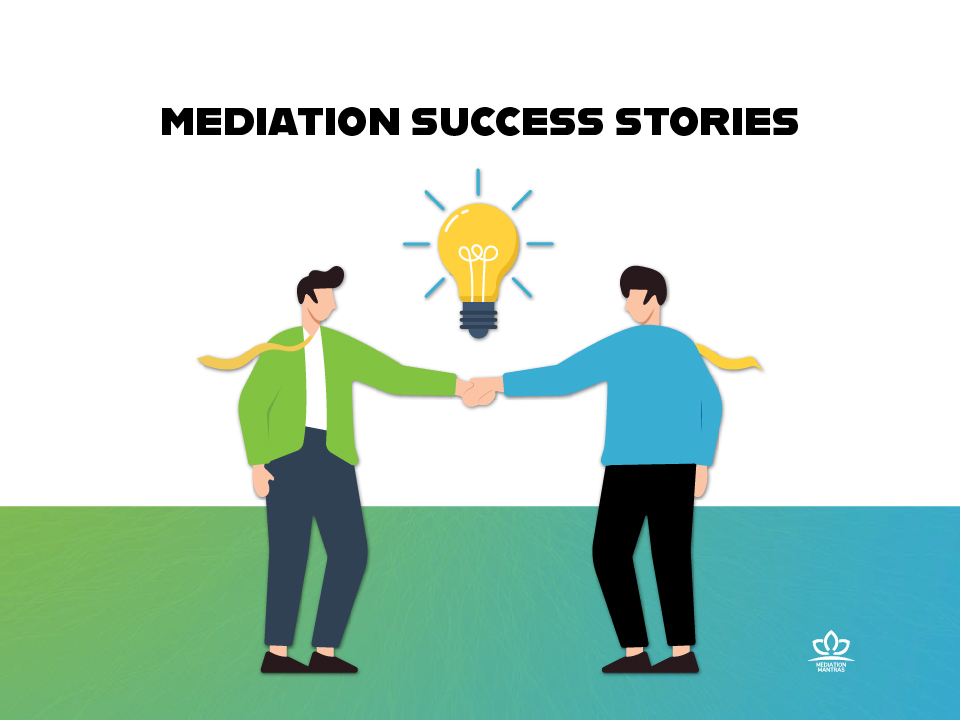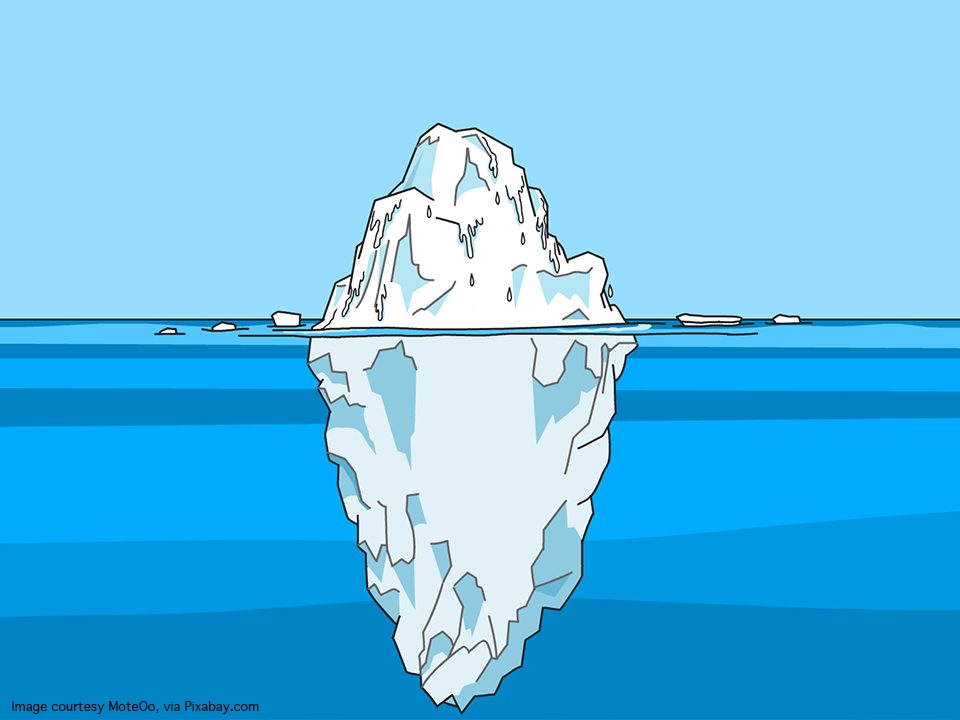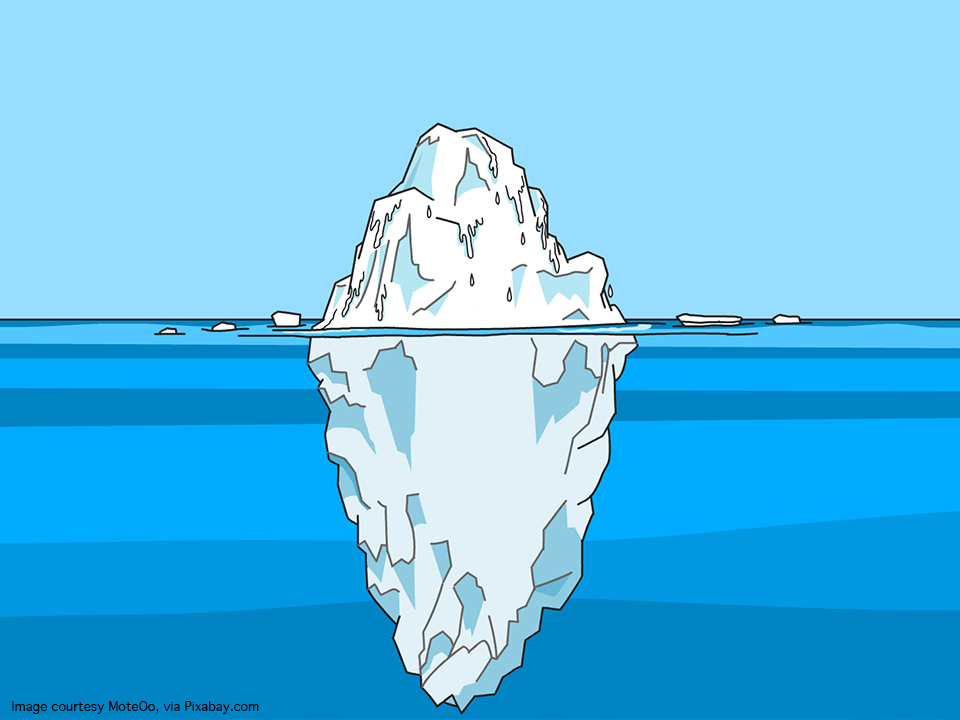
People are like icebergs: Kathleen Kauth
7th November 2019
Lessons from mediating Ayodhya
5th August 2020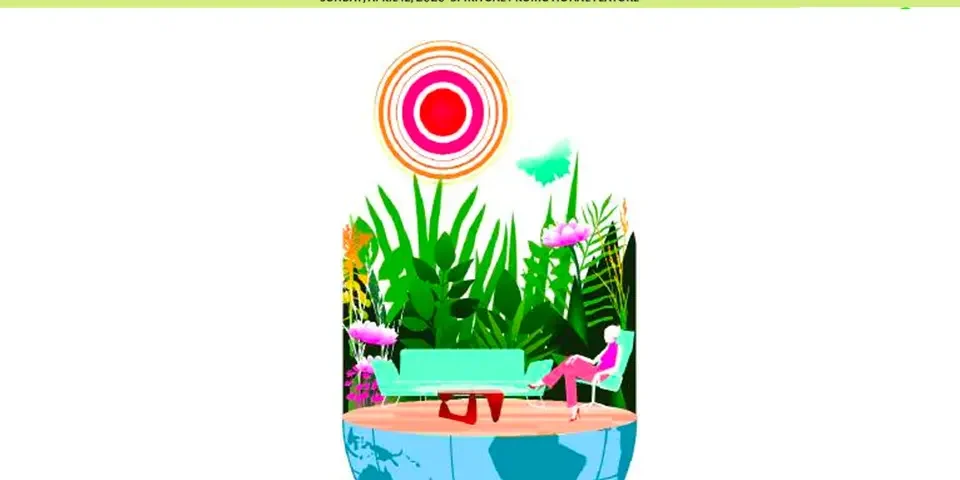
The Origin of Conflict
"When individuals are not in harmony
with their community and nature,
we face losing equations all around."
The world is a very conflicted place right now. The Coronavirus pandemic has pushed us all into one of the scariest health and economic crisis that most of us will see in our lifetimes.
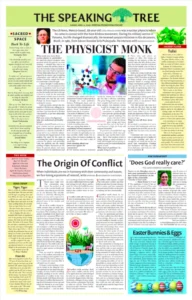 The war-like situation is adversely affecting the world economy and is expected to impact our social, psychological, and physical status in the months and years to come.
The war-like situation is adversely affecting the world economy and is expected to impact our social, psychological, and physical status in the months and years to come.
We are all in conflict, facing invisible enemies that can strike anyone, across geographic and political boundaries. This is leading to fear and anxiety at multiple levels. And it isn’t just about the Coronavirus.
What we’re experiencing as human beings right now, is a complex web of conflict that has tied us up in knots everywhere.
Family and commercial disputes, and workplace conflicts, are clogging up our legal systems. Polarisation between races and religious denominations have led to violent communal riots everywhere. Our constant violation of nature has led to climate change, and ravaged vast areas of the earth with floods and forest fires, killing millions of species. The truth is, the conflict spiral doesn’t seem to be in the mood to spare anyone on this planet right now.
We need to identify the source of all conflicts, and tackle it at the root, taking action together. Conflict nipped in the bud is always easier to control and overcome. Else it will spiral out of control.
A deeper understanding of this can be found in the Bhagwad Gita. This spiritual text has shaped the philosophy of many leaders including Gandhiji, guiding us on the various dimensions of conflict.
In the Gita, Lord Krishna speaks with Arjuna about the four types of conflicts that human beings faced thousands of years ago, and which are relevant to us even today.
Krishna speaks about Buddhi - wisdom or intellect - and our ability to see things clearly for what they are, and to differentiate between right and wrong, for self, others, and beyond. It is when the Buddhi becomes Bhrasht, the intellect is lost or corrupted, that conflict arises in various forms:
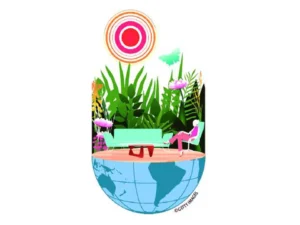
1. Conflict with Self: Arising from lack of understanding of our own real needs, personal interests, and deepest fears - which when not addressed and remain unresolved - result in anger and resentment that clogs our hearts and minds. We often refer to this as 'Inner Conflict'.
2. Conflict with Society: Built on inner conflict, and the need to be appreciated or acknowledged for who we are, conflict with society includes disagreements with family, friends, colleagues, bosses, neighbours, and the community. This leads to what we call ‘The Trust Deficit’ between the people, businesses, media, NGOs, and government.
3. Conflict with Nature: Caught up with inner conflicts and trust deficits, people have become desensitised to nature, and have rampantly destroyed natural bodies on the planet, making our lives unsustainable.
4. Conflict with God: As we alienate ourselves from each other and from who we are, and distance ourselves from life-giving nature, we disconnect from the Absolute, and create conflict between universal and individual souls. This is reflected in the individuals and organisations, who become ‘soulless’.
Once we understand and relate to the four conflicts described above, the knowledge allows us to apply our own Buddhi to identify our own personal interests, become empathic, find common ground, and cultivate beautiful relationships that create value that is beneficial for all.
From the Gita’s point of view, individual self-control, social collaboration, universal interrelatedness, and Absolute Oneness, are keys to resolve the fourfold conflicts we are faced with every day.
The Coronavirus is forcing us to relook at the way we have lived our lives and the risks we put ourselves and others through every day.
We’re being reminded of what’s really important to us at an individual level; of the significance of the anonymous people who keep our lives and economy running smoothly; of our responsibility to nature and how it will bloom or go bust depending on how we treat it; of the fact that we have to collaborate and act as One, irrespective of who we are, in order to survive and thrive as human beings.
The world needs to take a sharp turn, and we as human beings have to reimagine the relationships we have with our own self, with society, with nature, and the larger forces that be.
This article, written by mediators Radhika and Mehernosh Shapoorjee, was originally published in The Speaking Tree section of the Sunday Times of India, here.




